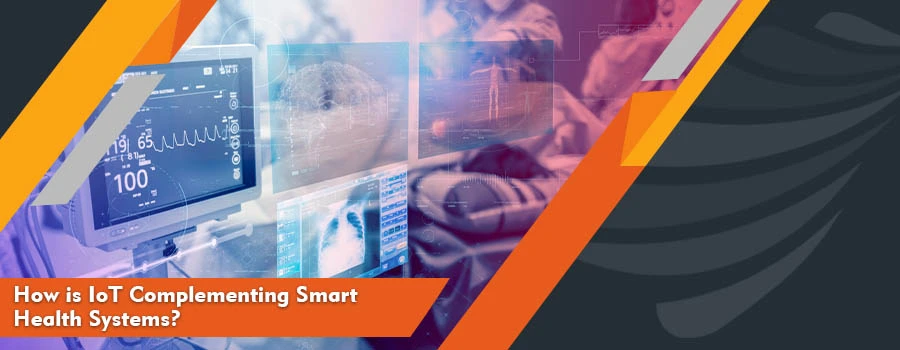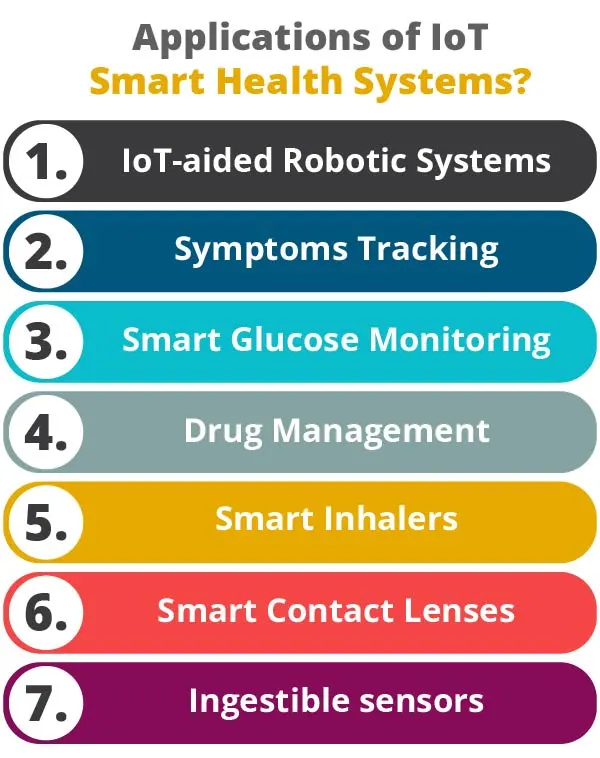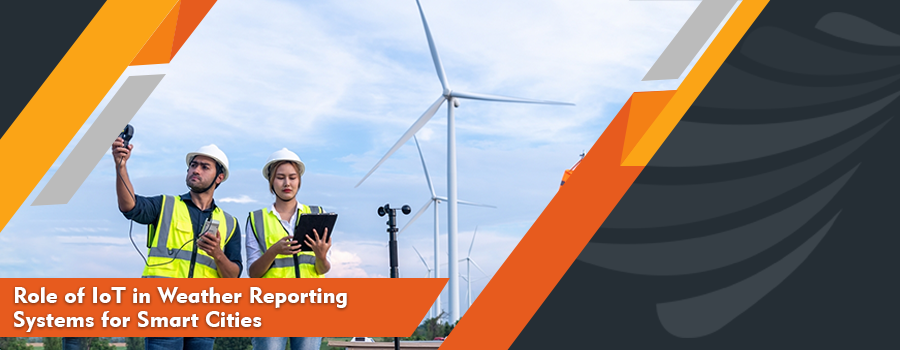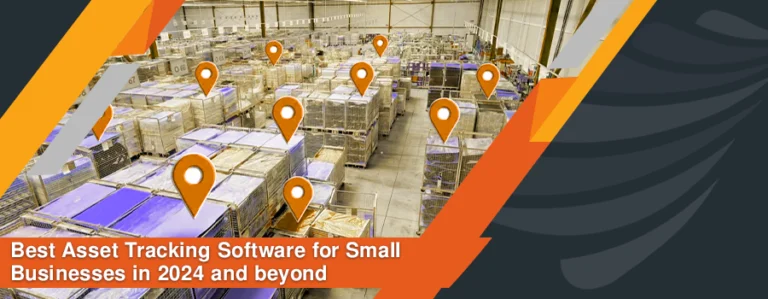One technological advancement that has completely revolutionized different industries, including healthcare, is the Internet of Things (IoT). IoT has successfully provided patients with efficient, simpler, and quality care to patients. IoT devices such as skin sensors, wearables, and home monitoring tools enable data collection, such as vital signs, in real-time for patients unable to visit healthcare professionals physically. Hence, it has eliminated the need for patients to travel and see a doctor.
The major threat is we are heading towards a world where it would be unmanageable for people to visit hospitals frequently. A recent example of this is Covid-19. According to a recent report published in Statista, 50% of the participants in the USA stayed at home during Covid-19. Other than this, according to a WHO report, by 2030, 1 in every six individuals will be 60 years or above. These situations clearly show that a smart health system is an ultimate solution.
This article will discuss why IoT implementation is important in the healthcare system and its application.
Importance of IoT Implementation in Healthcare System
IoT implementation has provided a concept of a smart health system based on controlling connected devices via wireless or fixed internet. In a healthcare system, IoT implementation involves the integration of medical devices, sensors, machine learning, artificial intelligence, imaging, and diagnostic medical devices. This integration helps in increasing the productivity and efficiency of healthcare systems. With smart devices and sensors, data is collected and shared in real time. The collected data via AI algorithms is analyzed to predict treatment options and create alerts. In this way, it makes the process efficient, reliable, and smart.
Despite this, the implementation of IoT in the healthcare system is limited and challenging. The main reason is healthcare systems are not ready to invest in it and have insecurities. Also, professionals and patients are not properly trained and educated about it. We have tried to highlight the applications of IoT in healthcare so that healthcare providers start to rely completely on smart technology without hesitation.
Applications of IoT in Healthcare Systems
The e-healthcare has enabled new healthcare trends, better patient control, remote quality care, and on-time emergency services. There are a variety of benefits of a smart healthcare system for both patients and healthcare providers.
1. IoT-aided Robotic Systems
IoT-aided robotic systems develop a connection between the application, network, and physical layer. With minimal incisions, surgeons conduct complex surgeries. Other applications include the creation of smart prosthetics, remote surgery, fast patient recovery, better elderly care, fewer health risks, advanced rehabilitation systems, telesurgery, and enhanced decision-making. For medical students, inter-connected robots in a virtual environment can also provide training and education.
2. Symptoms Tracking
The IoT system and wearable devices have shown huge applications in detecting environmental and biophysical parameters like SpO2, heart rate, temperature, respiratory rate, and blood pressure. With the mobile application, AI, and cloud computing, the implemented system process collected real-time data to detect early-stage signs of specific diseases. In the cases of Covid-19 patients, the easy and automatic detection of symptoms is paramount. The main reason is smart symptom-tracking mobile applications allow monitoring of critical patients at home and help healthcare providers predict the best treatment options.
3. Smart Glucose Monitoring
IoT-based smart glucose monitoring allows automatic and continuous monitoring of glucose levels. It has eliminated the need to keep records manually and send alerts to health professionals when the glucose level is disturbed. Also, it allows the professionals to make the right decisions based on the collected data and helps predict future patient glucose levels. In many cases, implanted sensors are placed invasively for a specific period to monitor glucose levels.
4. Drug Management
Effective drug management allows positive patient outcomes and reduces costs. With IoT-enabled medical devices, patients get real-time notifications to take their medicine on time. The device collects data for tracking medication adherence, allergies, and issues with the provided drug therapy. It has also shown huge applications in the transport and storage of drugs at specific temperatures.
5. Smart Inhalers
Smart inhalers are known as inhalers that connect with mobile applications via Wi-Fi or Bluetooth. Integration of sensors in these devices helps collect real-time data related to location, time, and date each time the person uses it. It helps to provide emergency support services to patients in the worst conditions by monitoring the frequency of attacks and respiratory rate. Also, it helps to remind the patient of the next dose as prescribed by a doctor.
6. Smart Contact Lenses
In the contact lenses, micro cameras and sensors are fit. Smart contact lenses allow the collection of healthcare data passively. It allows capturing of images in the blink of an eye. This technology has turned the human eye into a monitoring and digital interconnection tool. Other than this, it is possible to design smart contact lenses to treat specific ocular diseases such as myopia and hyperopia.
7. Ingestible sensors
A probe or camera is usually needed to collect data from organs. Ingestible sensors allow data from internal body systems with fewer incisions. To illustrate, it provides monitoring and detection of internal bleeding, Ph level, arterial blockage, and many other internal issues. Ingestible sensors are small hence, swallowed easily. On their own, they pass out of the body via the digestive system.
Conclusion
With the increasing population, the outbreak of unknown infections, and the need to provide remote quality care to patients, IoT has shown a wider application in healthcare systems. It has resolved daily life issues, enhanced treatment and diagnostic procedures, and optimized emergency services and surgical procedures. Also, it has reduced medical and hospitalization costs, health risks, handling errors, and the need for manual recording. To conclude, healthcare systems must understand the importance of IoT applications. The design and adoption of a smart health system will help healthcare providers experience maximum benefits and provide quality patient care.





